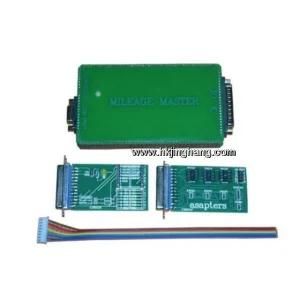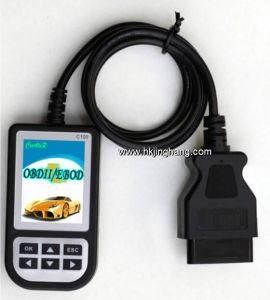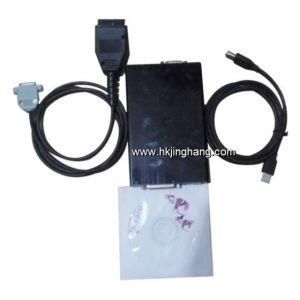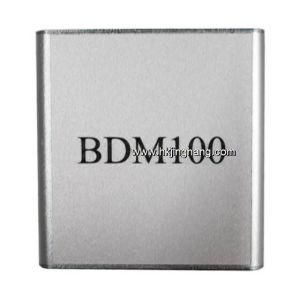Edible Oil Refining /Refinery/Press/Processing/Making/Extraction Machine
YUYAO MENG HONG PLASTIC CO., LTD. / 2022-07-04
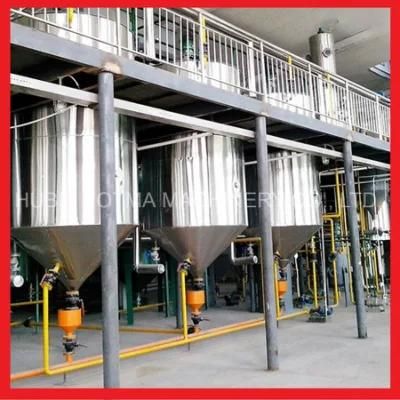
- Type:New-Type Hydraulic Oil Press
- Application:Wheat, Vegetable Oil
- Voltage:380V
- Appearance:Horizontal
- Press Materials:Soybean
- Press Series:Fourth
=== Base Info ===
- Model NO.:FOTMA
- Condition:New
- Customized:Non-Customized
- Transport Package:in Wooden Case
- Specification:EEC, SGS, OECD
- Trademark:FOTMA
- Origin:China
- HS Code:5911400000
- Production Capacity:2000 Sets,Year
=== Description ===
Basic Info.
Model NO. FOTMA Condition New Customized Non-Customized Transport Package in Wooden Case Specification EEC, SGS, OECD Trademark FOTMA Origin China HS Code 5911400000 Production Capacity 2000 Sets/YearProduct Description
Auto Expeller Machine, Oil Refining Complete Equipment1. About us
Enterprise purpose: Honest management, customer first, mutual benefit, united development
Management idea: Quality-foundation of the image; Science-key of prosperity; Manage-eternal topic; Innovation-foumtaim of development.
Enterprise way: Search for honest; Work with realism, diligent, high efficiency.
Enterprise spirit: Worship good morality, faith, quality, and innovation.
Service motto: Customer first, service first
Quality destination: Advance technology, scientific management, good quality products, honest and faithful, satisfied service.
Enterprise value: Never stop progress, struggle for best, improve self, continuous developing.
2. Introduction for Crude Oil Refinery Processing
Edible oil can be refined by either a chemical or a physical refining process. The decision which process to use depends on the types and qualities of the crude oil to be processed. The process of edible oil refinery generally comprises of Degumming, Neutralization, Bleaching and Deodorization and Winterisation. Chemical Refining is the most widely used process for vegetable oil, especially seeds oil. It is particularly suitable for refining crude seed oil like soybean oil, canola oil, corn oil, cottonseed oil, sunflower oil, safflower oil etc.
(1) Degumming & Neutralizing
The purpose of Degumming is to remove gums in the crude oil to improve oil edibility, storage and do well to downstream neutralizing section. All oil have hydratable and non-hydratable gums.
The purpose of Neutralizing is to remove Free-Fatty Acids (FFAs). Traditionally, FFAs are treated with caustic soda (NaOH).The reaction produces Soaps which are separated from the oil. The caustic soda reacts with free fatty acids (FFA) present in the oil and forms soap stock. The soap stock is then removed by a centrifugal separator and oil is washed with water for the complete removal of soap stock. The wash water is separated out by centrifugal separators.
(2) Bleaching/Decolorizing
The purpose of Bleaching is to remove color pigments contained in oil. The oil is treated with Bleaching Clays that adsorb the color pigments. The clay is filtered and the clean bleached oil is stored for further processing. The bleaching agent is filtered out in vertical pressure leaf filters. A multi-part design ensures uniform consistency in color with minimum bleaching agent requirements. The bleaching line is versatile and adaptable for all varieties of vegetable oil.
(3) Deodorization
The purpose of Deodorization is to remove odor substances. Every vegetable oil has its own distinct natural odor. During neutralization and bleaching, unpleasant odors are imparted in the oil, thereby making it essential to remove this odor. The oil is subjected to steam distillation under high temperature and vacuum to evaporate all odor substances. The resulting deodorized oil is almost bland and tasteless.
(4) Dewaxing/Winterizing
The purpose of Winterization is to remove waxes especially in those oil that contain waxes. Such oil are subjected to chilling and filtration to remove waxes and other high melting point substances. Oil like sunflower oil or maize germ oil (corn oil) have waxes present in them. At low temperatures these waxes give a hazy appearance to the oil. It is therefore essential to remove these waxes prior to bottling and marketing of the oil.
Winterizing is also used to separate the unsaturated fats from unsaturated fats-especially in Palm Oil or other saturated fats. The chilling process solidifies the saturated fats; thus enabling separation via filtration.
3. Regarding Chemical Refining and Physical Refining
The names physical and chemical refining come from the process technology used to remove the Free Fatty Acids (FFA) that are responsible for the oil acidity. Physical refining is a process making use of the lower boiling point of the FFA compared to the boiling point of the triglyceride oil. In chemical or alkaline refining, an alkali is used to neutralize the FFA. However, chemical refining is still the most widely applied process for soft oil with low free fatty acid(FFA) content (soybean oil, rapeseed oil, sunflower oil etc.). The main byproduct of chemical refining is the so-called soapstock, which is a mixture of fatty acid soaps. salts, phospholipids, impurities and entrained neutral oil. For oil like palm oil there is no necessity to go for alkali refining. After pretreatment of oil the oil is deodorized cum physically refined. The Free Fatty Acid (F.F.A.) present in the oil is distilled off at high temperature and high vacuum. Troika offers physical refining system also.
Advantages of Chemical Refining and Physical Refining
(1) Chemical Refining
The finished oil is consistent and stable.
Excellent adaptability and less requirement to oil quality.
Less bleaching earth is added into compared with physical refining.
(2) Physical Refining
1. High oil refining rate, less oil loss.
2. No waste water discharged.
3. Especially suitable for oil of high acid value, and low gum content.
4. More FFA distilled out.
4. Regarding Batch Refining and Continuous Refining
No matter batch refining or continuous operation, they are all chemical refining process. Batch refining is the oldest method for chemically refining vegetable oil. The method can produce good quality oil. Continuous refining is used for higher capacities ranging from 30 TPD to 500 TPD and for oil containing high fatty acid (FFA) like rice bran oil etc. For processing less than thirty tones of oil per 24 hours, and when oil has F.F .A. content of 1 % or less normally batch process is recommended. Batch process involves low capital investment, simplicity of operation and low maintenance, making refining economically a viable proposition even at capacity as low as 10 tones per 24 hours. For small scale batch processes static separation is used but for continuous processing and large scale processes, centrifugal separation is used.
5. Photos:
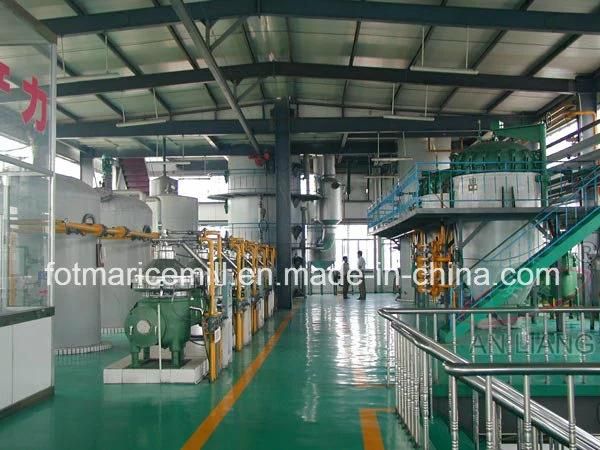
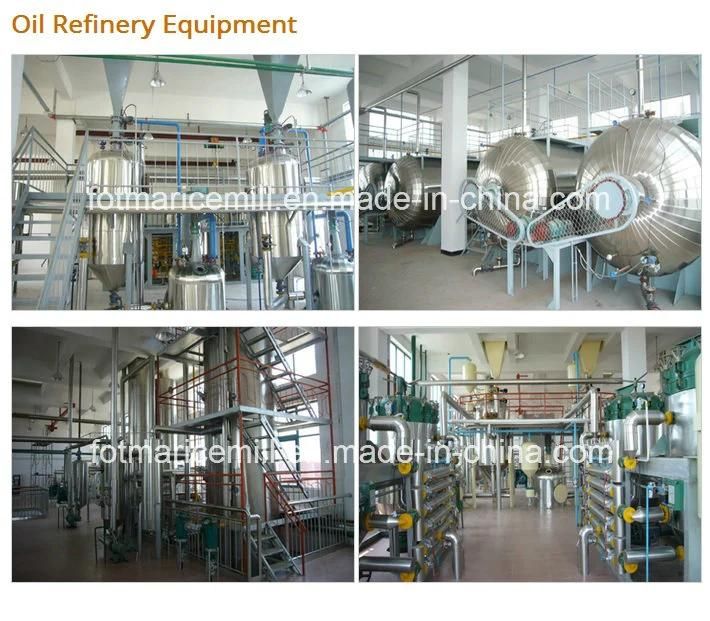 The refined oil quality depends on the type of crude oil and refinery process and technic. With years experience in the field of oil and fats industry, FOTMA is definitely your best partner for edible oil refinery. We've got professional oil refining engineers and advanced refining technologies, we will design, install and debugging the complete set of edible oil refinery plant according to customers' refining needs to give the minimum operation costs and maximum output results.
The refined oil quality depends on the type of crude oil and refinery process and technic. With years experience in the field of oil and fats industry, FOTMA is definitely your best partner for edible oil refinery. We've got professional oil refining engineers and advanced refining technologies, we will design, install and debugging the complete set of edible oil refinery plant according to customers' refining needs to give the minimum operation costs and maximum output results.6. What you can choose from us?
---Advanced equipments, good quality
---Professional skills, all-related services
---High quality and efficiency technology
---Complete production line, quick delivery
---The biggest grain and oil machine manufacturer and exporter in China
---Exporting to more than 30 countries and regions
7.Our Service
---One year quality warranty for the machine and spare parts
--- Overseas engineers service for installation
--- Whole-life after-sales service and free consultation
---Customized requirements available
---Technician guide at the site.
---24Hr online service
8.Contact us
Ms. Danni Feng
Hubei FOTMA Machinery Co., Ltd
Add: No. 52 Guanggu Avenue, New High-tech Development Zone, Wuhan city, Hubei Province, P. R. China.
Web: fotmaricemill.en.made-in-china.com
Tel: +86 27 67848665, +86 18202720898
New product
Hot product
- Gm Candi Interface
2022-06-23
- Scan Dash V2.0 for BMW
2022-06-23
- K+Can Commander 2.0
2022-06-23
- Mut-3 Professional Diagnostic Tool Mut3
2022-06-23
- CKM-100 Key Programmer for Benz/BMW
2022-06-23
- Fuel Injector Tester & Cleaner (MST-N6A)
2022-06-23
- Mst 9000+ Plus ECU Simulator
2022-06-23
- OBD Ii Code Reader Mst-300, OBD2 Code Scanner
2022-06-23
- Digital Battery Analyzer (SC-100)
2022-06-23
- VAS5052A PC VERSION with VAS5054A Wireless Bluetooth Communicate
2022-06-23

